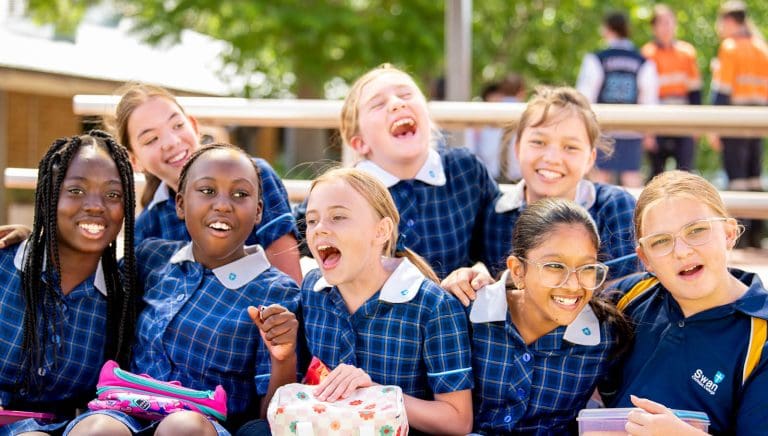In a recent article, Professor Geoff Masters (2023) identified two challenges for the reform of school education. Better preparing students for their future and ensuring every student learns successfully were deemed to be urgent global imperatives. In these challenges is recognition of the personal, holistic, and developmental nature of learning. Traditionally the development of cognitive skills is pitted against a vision of education that attends to the ambience of the learning environment to promote well-being and moral development.
International research continues to find that Australian students report a poorer sense of ‘belonging’ at school. That negative emotion associated with ‘not belonging’ play a critical role in a student’s academic reserve and feelings of diminished competence. Reforms must first restore the moral purpose of schooling – that education, one way or another, should be a process of moral inquiry.
At SCC character and moral development is seen as part of the learning process and is as important as mastery of the curriculum. In our Christian Living classes and Living Well program, the attributes of an engaged and active citizen are explored and encouraged. If our students can embrace these areas in our College, cognitive development and academic results will follow. While we value academic excellence as seen in our values, unfortunately, as we accentuate only grades and achievement levels seen in NAPLAN, OLNA and ATAR scores this process undermines the true development and learning of every student. A call to holistic education will truly embrace preparing students for the future and ensure every student learns successfully.
Inclusion is another area that SCC highly values. Our students diagnosed with disabilities need access to the curriculum and we have instated Senior and Junior School departments to address this important area in supporting holistic education. In its early days, we congratulate the staff who have worked extraordinary hours in documenting support plans and meeting with parents and students to find the best solutions to learning at our college.
We want all our students to emerge from our College with valued skills, knowledge and understanding which make their own lives and the lives of others better – and indeed more fulfilling, strengthening civic engagement and justice in our world.
Finally, brothers and sisters, whatever is true, whatever is noble, whatever is right, whatever is pure, whatever is lovely, whatever is admirable—if anything is excellent or praiseworthy—think about such things. 9 Whatever you have learned or received or heard from me or seen in me—put it into practice. And the God of peace will be with you.
– Philippians 4:8
Dr Darnelle Pretorius
Principal



